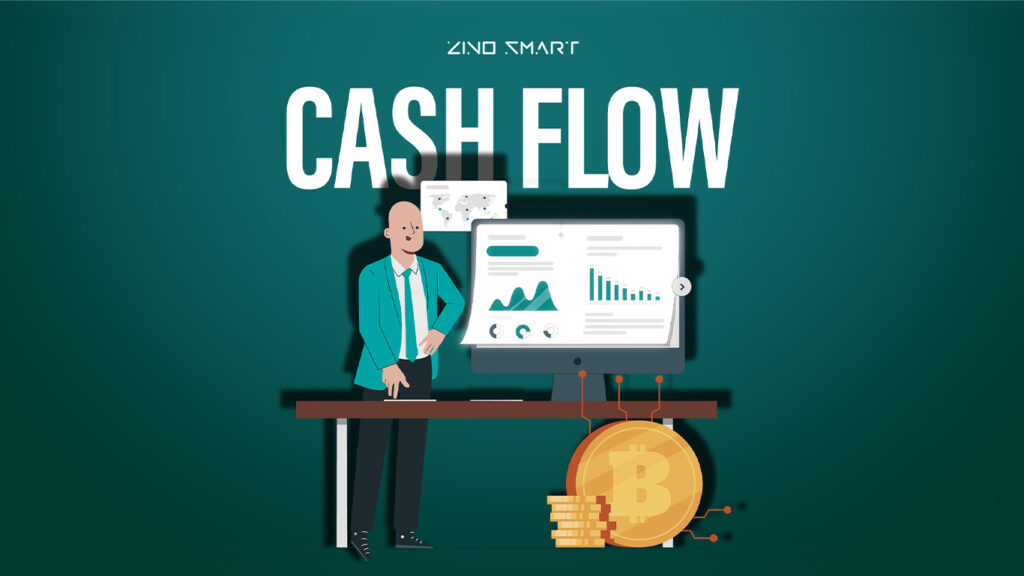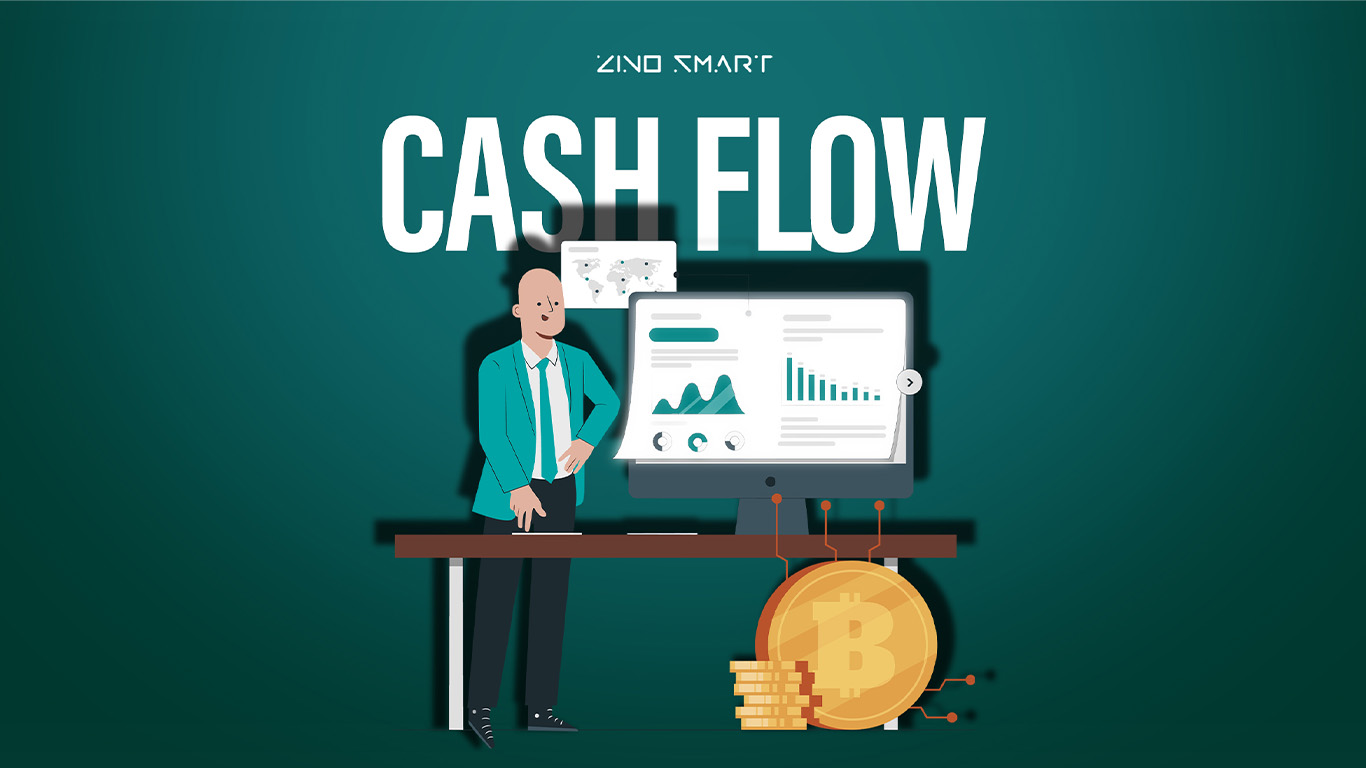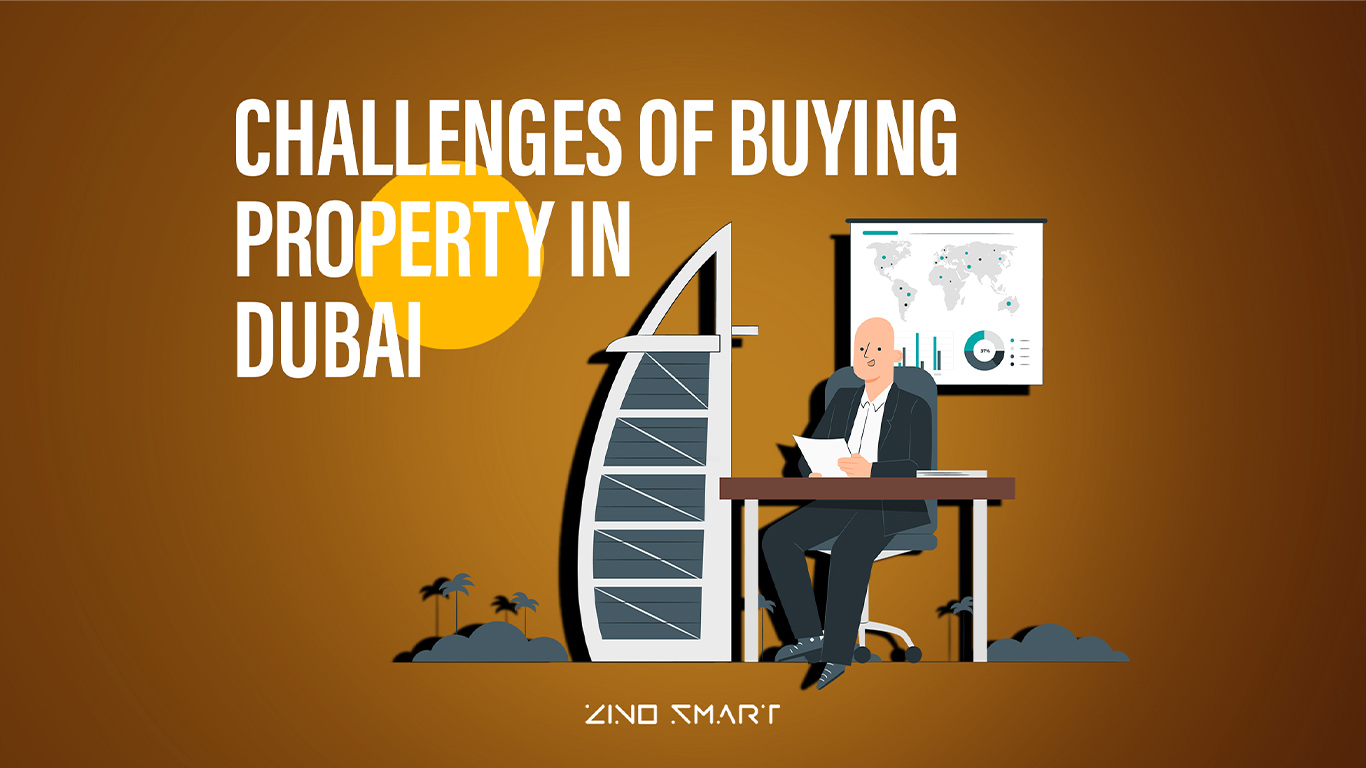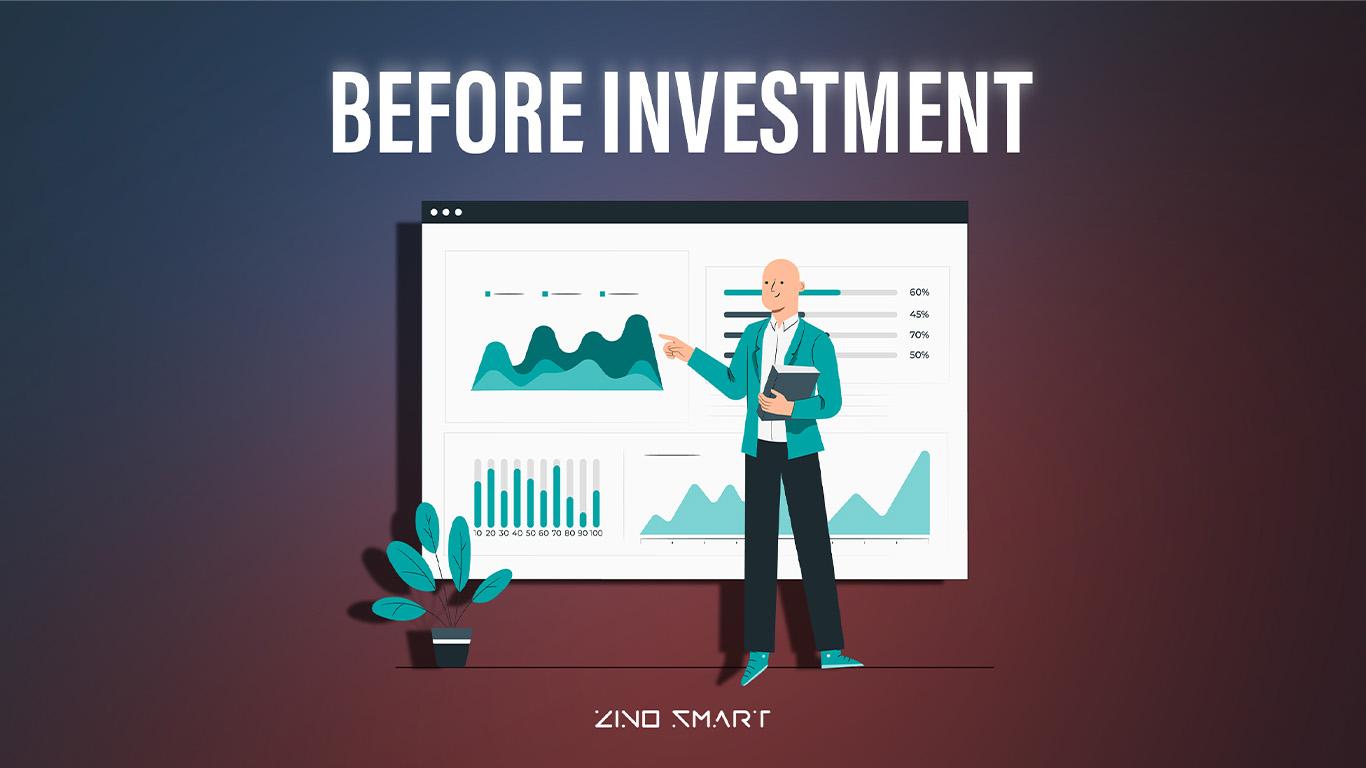Cash flow, in simple terms, is the total amount of money that goes in and out of an account.
As you may already know, a big part of investing money to earn a sum in return requires a specific mindset. Along with that mindset, there is also the intention. This is where the difference between capital gains and cash flow chimes in. If you are someone who invests their money and observes the market value going up and down, then you are investing for capital gain – it could be classified as a gamble.
If you are someone who invests their money and plans to have a long-term holding time despite the market value, then you are investing for cash flow – this is because you would be earning regardless of market fluctuations.
invest
There is an under the sense that to “invest” is to buy something that you presume, will grow in value in the future. The whole purpose behind this is to “sell later” and that as soon as the market value of the asset is growing, they can immediately sell it for a reasonable amount. This doesn’t keep cash flow steady as it won’t be money going in and out of your account at a continual level; rather, it would be money earned at once from selling the asset.
real estate
Taking real estate as an example; most people buy homes to live in to later sell them at a better value and then purchase an upgraded home when the market goes down again. Within this intention, there is no presence of cash flow but rather, capital gain. Robert Kiyosaki – author of the renowned business guide “Rich Dad, Poor Dad” refers to this as the rat race, because you, as the investor, are chasing value.
cash flow
It is usually seen that people such as this, quickly upgrade their lifestyle as soon as they have earned that capital. Only 7% of people save up on essential ventures such as future health care – and this will leave most people with nothing by the time they reach the age where they are dependent. Sticking to the same lifestyle even when you have attained capital is an important trick to double up on the amount that you save.
Everybody-even your friend who works at McDonald’s–has some sort of paycheck. It may be two hundred dollars or it may be two hundred thousand dollars, but almost everyone has a source of income. The question is: what do they DO with that income?
Monroe Mann
home
A wise investor would be the one to buy a home and rent it out at a good value since they are aware of how much it cost for them actually to attain the property as their own.
They would receive rent every month despite the market value being on a constant seesaw. Since their investments would most likely be diversified, there is less concentration of risk – meaning that it is spread out.

The chances of reviving from the losses as a result of the drop in market value, won’t be as huge. There will be a visible seam of new cash flowing into their account, and they can then withdraw this cash to save up or further invest in other assets. Earning money from what you purchase rather than what you do is something that most people haven’t been able to master yet.
The large population that hasn’t had access to financial education should be aware that creating a secondary passive income is essential if you want to see yourself doing well in the long run. A wise investor will invest and hold.



